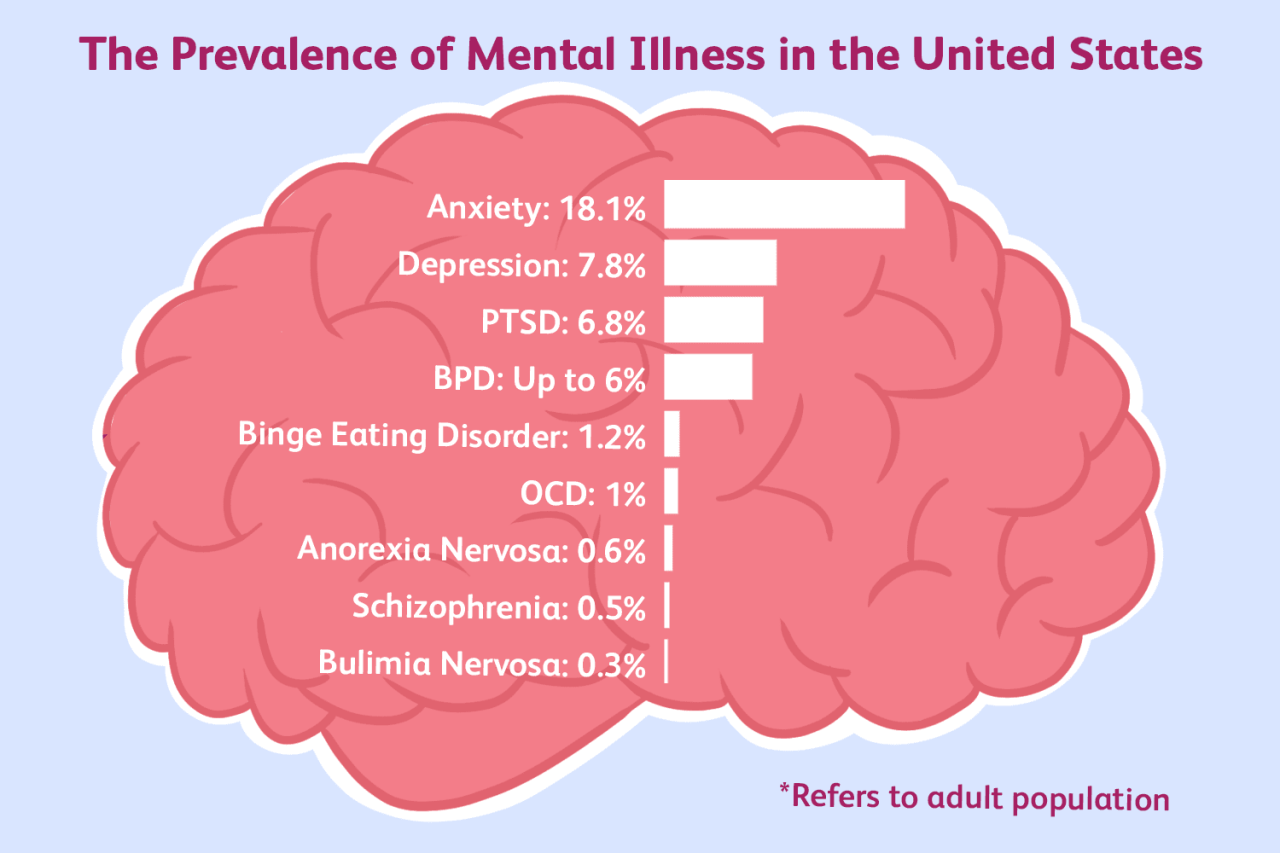
The COVID-19 pandemic has undeniably left an indelible mark on global health, economies, and societies. In the United States, the mental health landscape has shifted dramatically, with the pandemic exacerbating existing issues and unveiling new challenges. This article delves into the psychological distress experienced by Americans during the pandemic, highlighting the prevalence of high levels of distress, the demographic groups most affected, and the implications for mental health care moving forward.
The Prevalence of Psychological Distress
Recent surveys conducted by the Pew Research Center between March 2020 and September 2022 reveal that at least 41% of U.S. adults have experienced high levels of psychological distress at some point during the pandemic. This statistic underscores the widespread impact of the pandemic on mental well-being, with young adults aged 18 to 29 particularly vulnerable, as 58% within this age group reported high levels of distress.
Demographic Disparities
The surveys also illuminate significant disparities in psychological distress across different demographics. Women reported higher levels of distress (48%) compared to men (32%), and people from lower-income households experienced more distress (53%) than those from middle-income (38%) and upper-income (30%) households. Additionally, individuals with disabilities or health conditions that limit their participation in work, school, or other activities reported a distress rate of 66%.
The Impact on High School Students
High school students have not been spared, with more than a third reporting mental health challenges during the pandemic. Surveys by the Centers for Disease Control and Prevention from January to June 2021 found that 37% of students at public and private high schools said their mental health was not good most or all of the time during the pandemic. This included about half of the girls (49%) and roughly a quarter of the boys (24%).
Parental Concerns
Mental health also tops the list of parental worries, with four-in-ten U.S. parents expressing extreme or very high concern about their children struggling with anxiety or depression, according to a fall 2022 Pew Research Center survey. The concern extends to the impact of social media on teenagers’ mental health, with roughly three-in-ten parents extremely or very worried about their teen’s use of social media leading to anxiety or depression issues.
Implications for Mental Health Care
The data presents a compelling case for the urgent need to address the mental health crisis exacerbated by the pandemic. It calls for a multifaceted approach that includes increasing access to mental health services, integrating mental health care into primary health care settings, and implementing public health strategies to mitigate the impact of future crises on mental well-being.
Conclusion
The COVID-19 pandemic has spotlighted the critical importance of mental health as a component of overall health. As the United States and the world at large navigate the aftermath of the pandemic, prioritizing mental health care, addressing disparities, and implementing preventive measures will be key to fostering a resilient society capable of withstanding future challenges.
